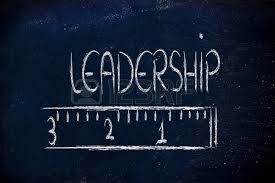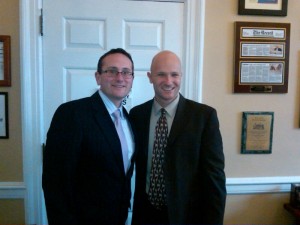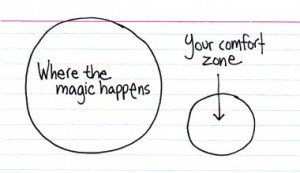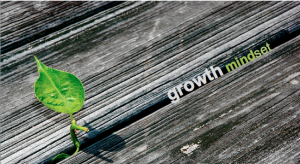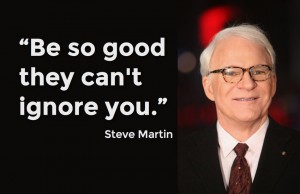
Source: studentchoicenow.tumblr.com
This week I had the pleasure of attending Edcamp Leadership and Padcamp. Both of these were un-conferences where educators gather to focus on learning, their learning. In the morning, the educators choose what they want to learn about, and either sign up to present, or sign up for help. Either way, it’s an organic learning environment that everyone should experience.
Reflecting on both days, I really learned a lot about student choice/voice. For instance, as school increase their technology devices, they often wonder about how to “manage” them. Some schools in districts labor over policy and procedures. Yet others, are moving in another direction…. let the kids monitor their own devices! Honestly, it’s very similar to how I monitor my own child’s iPad or iPod… Want to take 7,000 selfies (my daughter)? Then how are you going to have any storage left on your device? Want to get another app but you don’t have any money in your account? These are the life lessons and responsibility that foster digital citizenship.
Here are a few examples of people who seem to be moving in the right direction:
Jimmy Casas – At Jimmy’s school in Iowa, once the devices arrive, they are immediately given to … you guessed it …. the students! Jimmy and his staff feel passionately that they have created an environment that supports learning, digital responsibility, and realize how much their students already know about the devices.
String Theory High School – I met Casey Cohen who teaches at String Theory High in Philadelphia. She presented on the unique curriculum (no paper, all courses are on iTunes). As an English teacher, Casey encourages her students to manage their own devices, even down to the apps they choose from the app store. She said it is almost impossible to keep up with the over 1 million apps, and by giving the students the responsibility they learn valuable lessons. At the end of each presentation on their projects, the students are required to discuss the apps they used and more importantly, why.
Ann Oro’s son Stephen– Ann brought her son, Stephen, to Padcamp so he could teach everyone about coding. At 17, Stephen is well on his way to creating apps through his knowledge of coding that was fostered as a freshman. It is kids like Stephen who are breaking the mold of being a consumer of innovation, and being a creator of innovation!
So, the next time your team sits down to review a roll out of devices, remember the most important part in the equation… the students! What do you want students to know, learn, and experience?

